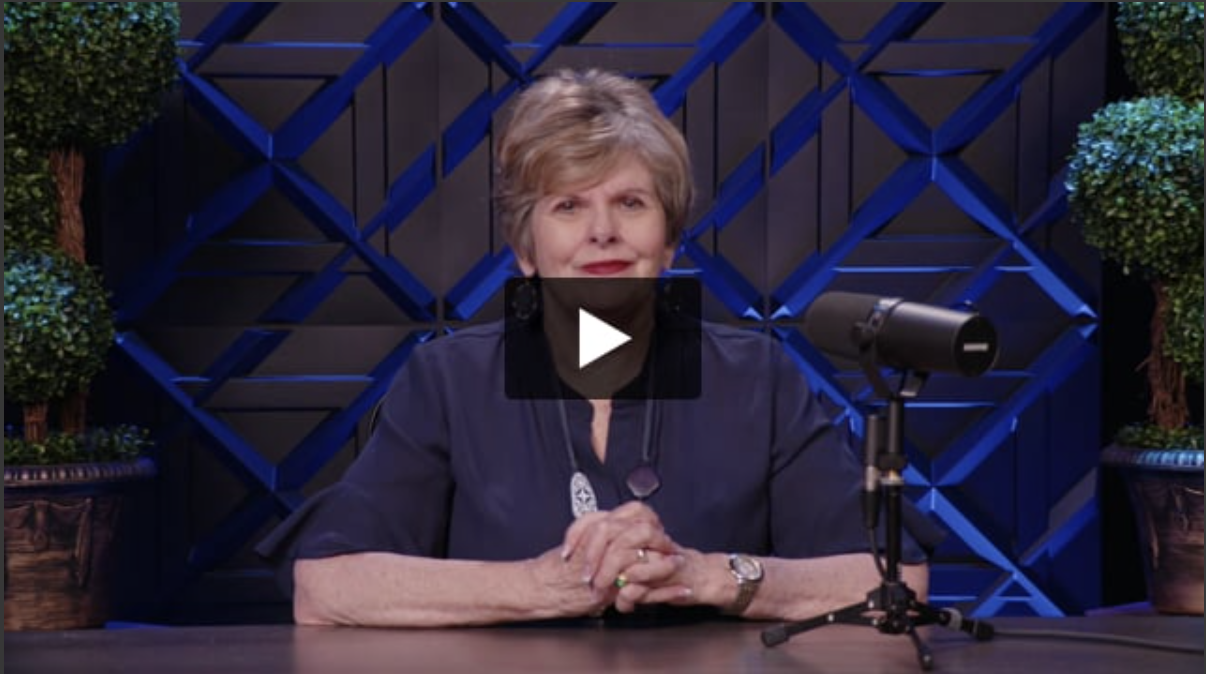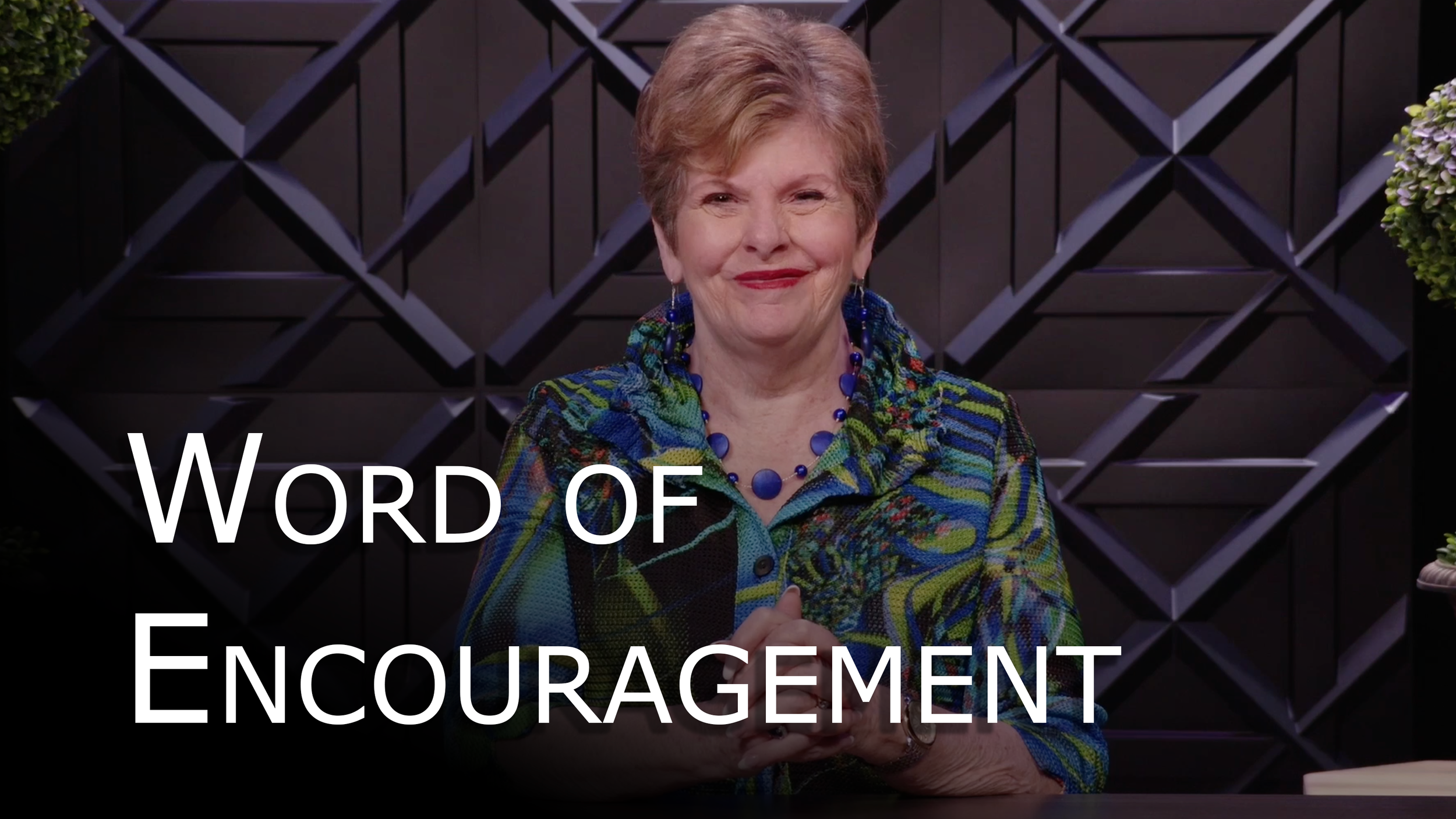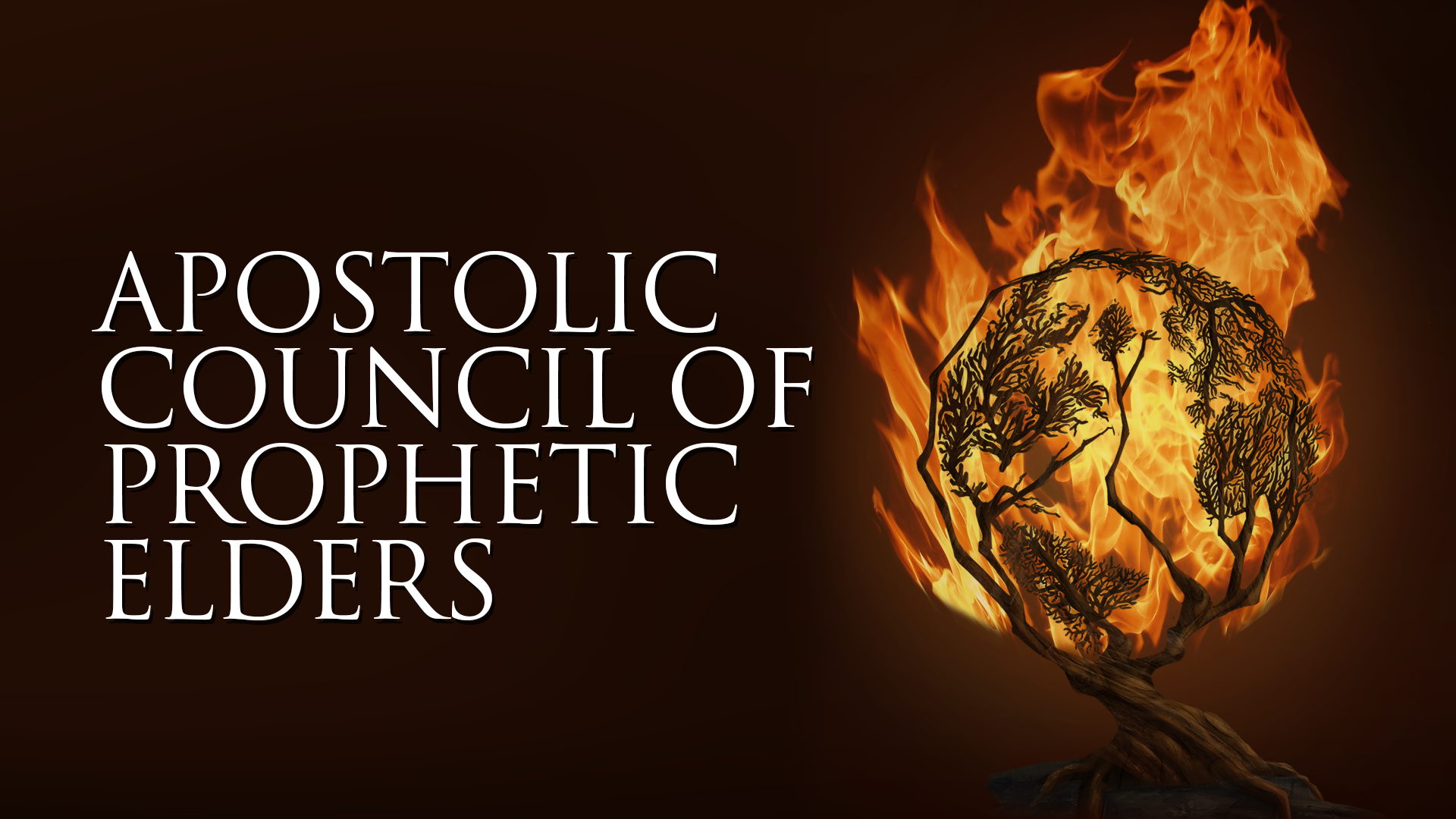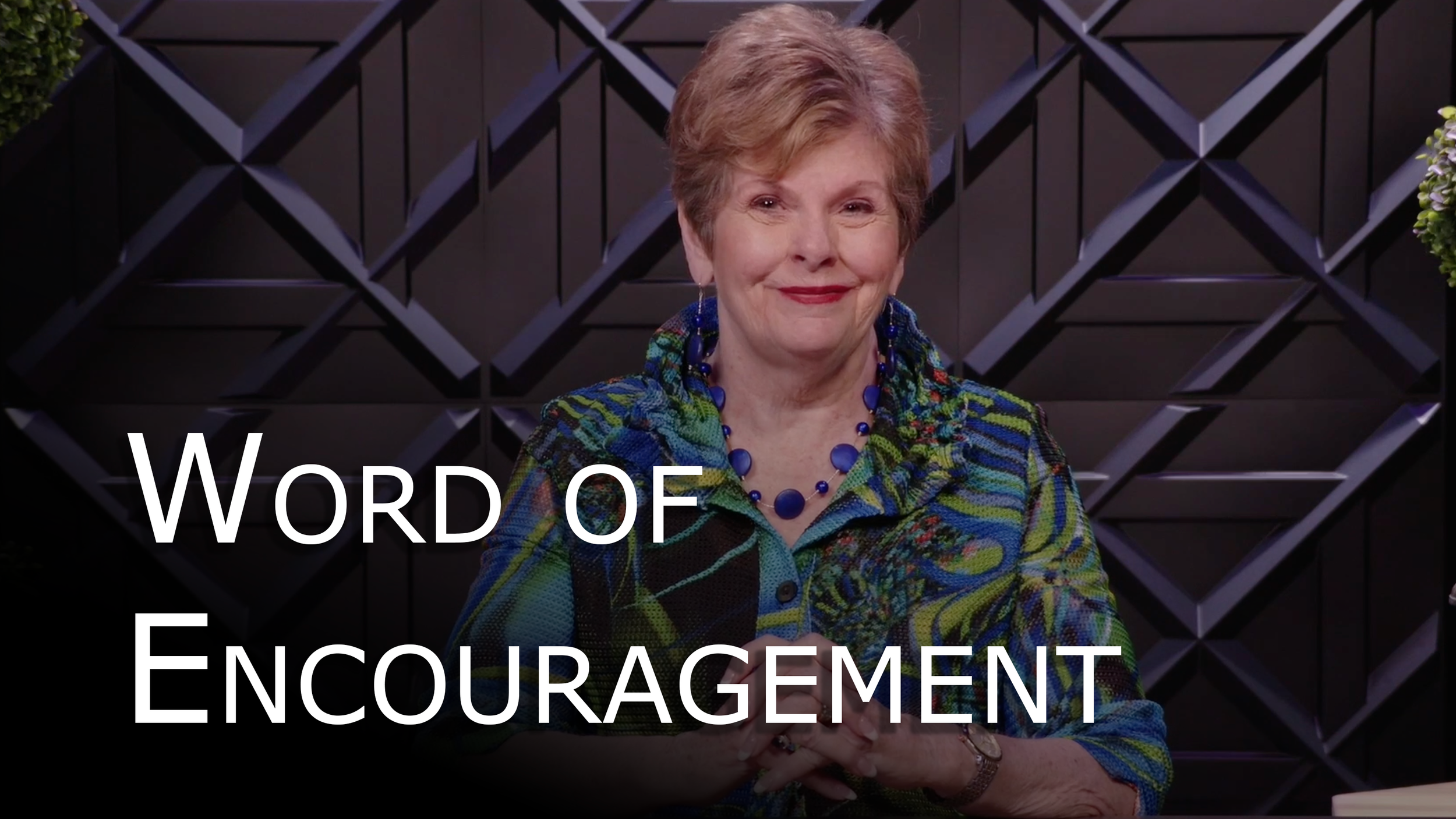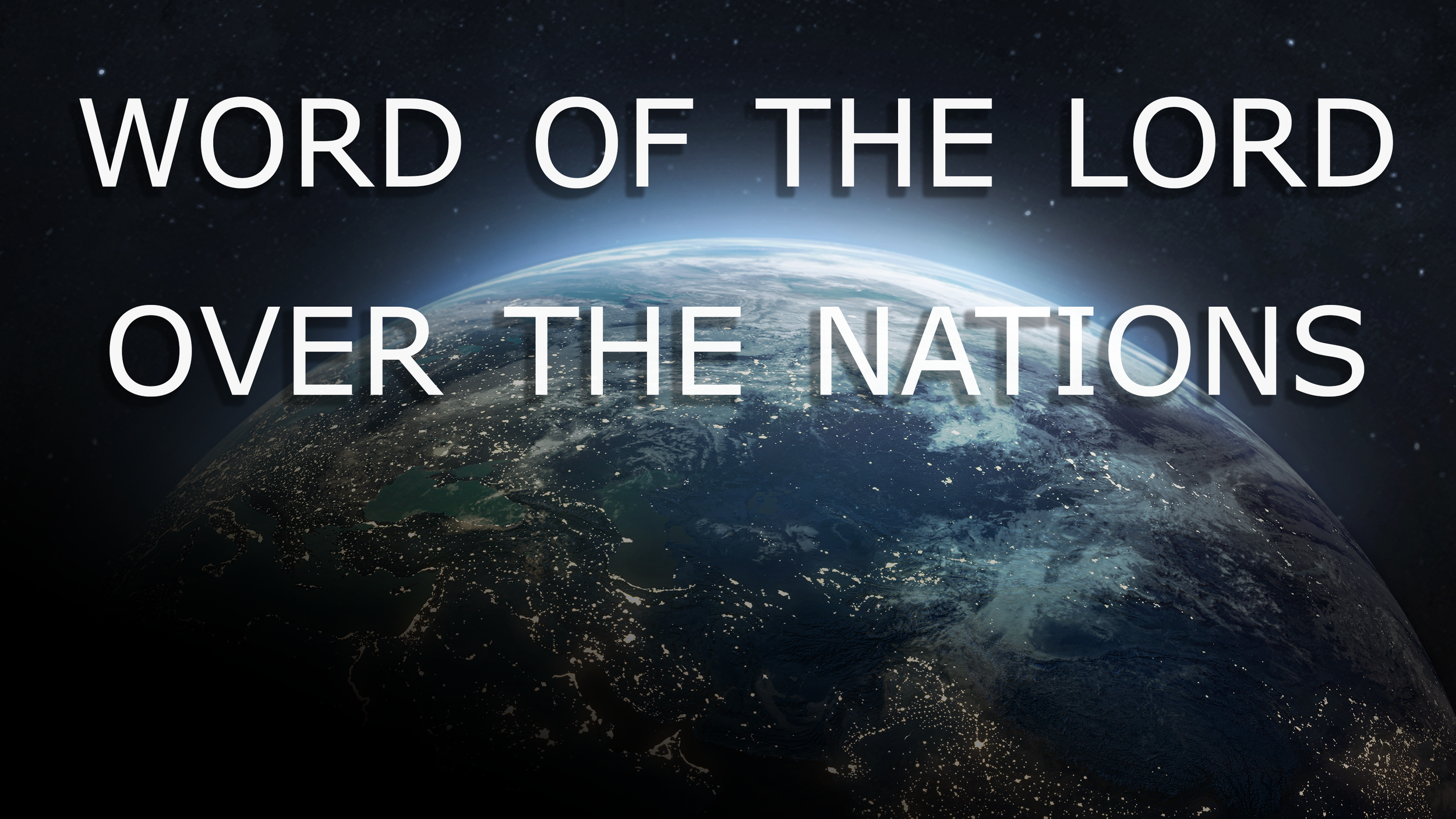
Christians can frequently be heard lamenting the state of the Arts and Entertainment industry and all the “filth” Hollywood puts out. There are legitimate reasons for this—a lot of disturbing things really do come out of this cultural sphere of influence, and as we considered in a previous article, this is the primary area that “disciples” our nation. That is definitely cause for concern.
But as a creative individual myself who grew up in church, I have observed something I’d like to challenge us to think about: the Church as a whole doesn’t quite seem to know what to do with artists or how to nurture their unique abilities. As a result, we struggle to raise up and release godly people who are talented in the arts and capable of making significant spiritual impact.
For musicians, dancers, painters, poets, designers, writers, etc., it can be extremely difficult to find a place in the body of Christ. These creative people often struggle to find an outlet for their gifts; when they persist, they are often criticized or misunderstood. Eventually, many of them give up and look elsewhere for a place to do what they were born to do.
In order to effectively encourage and make space for artistic gifts, there are some important things to understand about how these individuals are uniquely wired.
1. Artists often have intense emotions.
Emotions often get a bad rap in Christianity. Of course, it is wisdom to not be ruled by our emotions, but there is a difference between being ruled by them and making space for them.
People with a creative bent are not afraid of their emotions; they use them as fuel and inspiration. Many of them do struggle with the balance, but if they can be encouraged and taught to process feelings in a healthy way instead of being labelled “too emotional” or “over-sensitive,” then truly beautiful things will come as a result.
2. Artists need to be challenged and encouraged to explore new depths and forms of expression.
At the risk of sounding like an exaggeration, this is oxygen to creatives; they’ll die inside without the opportunity for these risks.
This can be one of the biggest struggles in a typical church setting. There are boundaries, patterns, expectations, etc., many of which are healthy and necessary for the sake of the whole congregation, but they also limit the potential for experimenting with sounds, subjects, colors, styles, etc.
Practically speaking, a church service might not be the optimal setting for this, but if this is something you care about, it is worth wrestling through the question, “How can we as a church/ministry/spiritual community foster an atmosphere that allows freedom for trying out various means of artistic expression?”
When the artists around you are testing new things, they do not need to be pushed back into a more comfortable box; they need to be heard and seen. If they are not, they will find somewhere else to develop their gifts.
3. Artists see all aspects of life as important subjects to portray.
Many times, believers look for an overt “gospel presentation,” and if that is not present, the artist’s work is dismissed as not spiritual enough, or even compromising and selling out. But artists recognize the complex beings God made when He created people. They savor relationships, beauty, nature, and everything else that surrounds them. They help give voice and clarity to things other people struggle to articulate. Many of us have been able to process pain or other significant life experiences because a song or movie or book captured the essence of what we went through but didn’t know how to articulate.
God uses artistic communication to heal us, to motivate us, to expose our flaws, to convict and challenge us, to draw our hearts to truth, and ultimately to Him. And He has frequently done so through things that included no mention of His name.
Not every song is going to be a worship song; not every story is going to mention God specifically. But this does not diminish the value of the work. God uses artistic communication to heal us, to motivate us, to expose our flaws, to convict and challenge us, to draw our hearts to truth, and ultimately to Him. And He has frequently done so through things that included no mention of His name.
4. Artists are not afraid to sit in the hard or dark places.
This is perhaps one of the most difficult things about artists for the Church to accept, especially in our Western culture. In our efforts to help people move on or to point them to God’s goodness, we often try to rush them through pain, grief, struggle, and so on. We have lost the valued practice of corporate lament.
The artists make us uncomfortable because they are not going to be rushed through these places. It may even seem like they are just wallowing in the pain (and admittedly, that has been known to happen to those who haven’t matured in their gifts and understanding of themselves), but in reality, they are learning from it and keeping it from having an unhealthy power over them. When they look into the darkness and call it by name, they take away its ability to defeat them and break them.
We do not have to look far for Biblical examples of this—both David and the prophet Jeremiah made space to grieve, to struggle with doubt and confusion, to process pain. We can learn a great deal from the creative souls around us when it comes to dealing with our own hard and painful seasons.
5. Artists have an intense need to be truthful and transparent.
It is a common joke—don’t make a writer or musician angry or heartbroken; you’re likely to end up immortalized in story or song! We laugh about it, but there is more at play here than vindictive artists.
On a personal level or on a broad level, artists tell the truth about the world, about all aspects and angles. This is why, to truly understand a culture or time period, you cannot merely read the history; you must also study the art. And in all their varying perspectives and nuance, you get a more complete picture. The artists can see what is underneath the surface and beyond the obvious. In many ways, I think artists tend to be highly prophetic, or at the least, highly discerning.
In any oppressive regime, one of the first things that is banned is usually works of art—paintings, music, books, dance. That alone should make us pause and consider the tremendous value and power these individuals hold. Art inspires, exposes, instructs, and perhaps most significantly, gives identity and meaning to people.
Art inspires, exposes, instructs, and perhaps most significantly, gives identity and meaning to people.
If we truly want to impact the Arts and Entertainment mountain, the best place to start is by making space for the creative individuals in the body of Christ to flourish and be the best they can be. They won’t be satisfied with only being on the worship team and designing sets for the stage or church productions, although many of them continue to faithfully serve in these capacities. There is so much more inside of them, waiting to be unleashed.
Let’s not miss out on what God wants to reveal to us all through the artists.
Recent Posts

